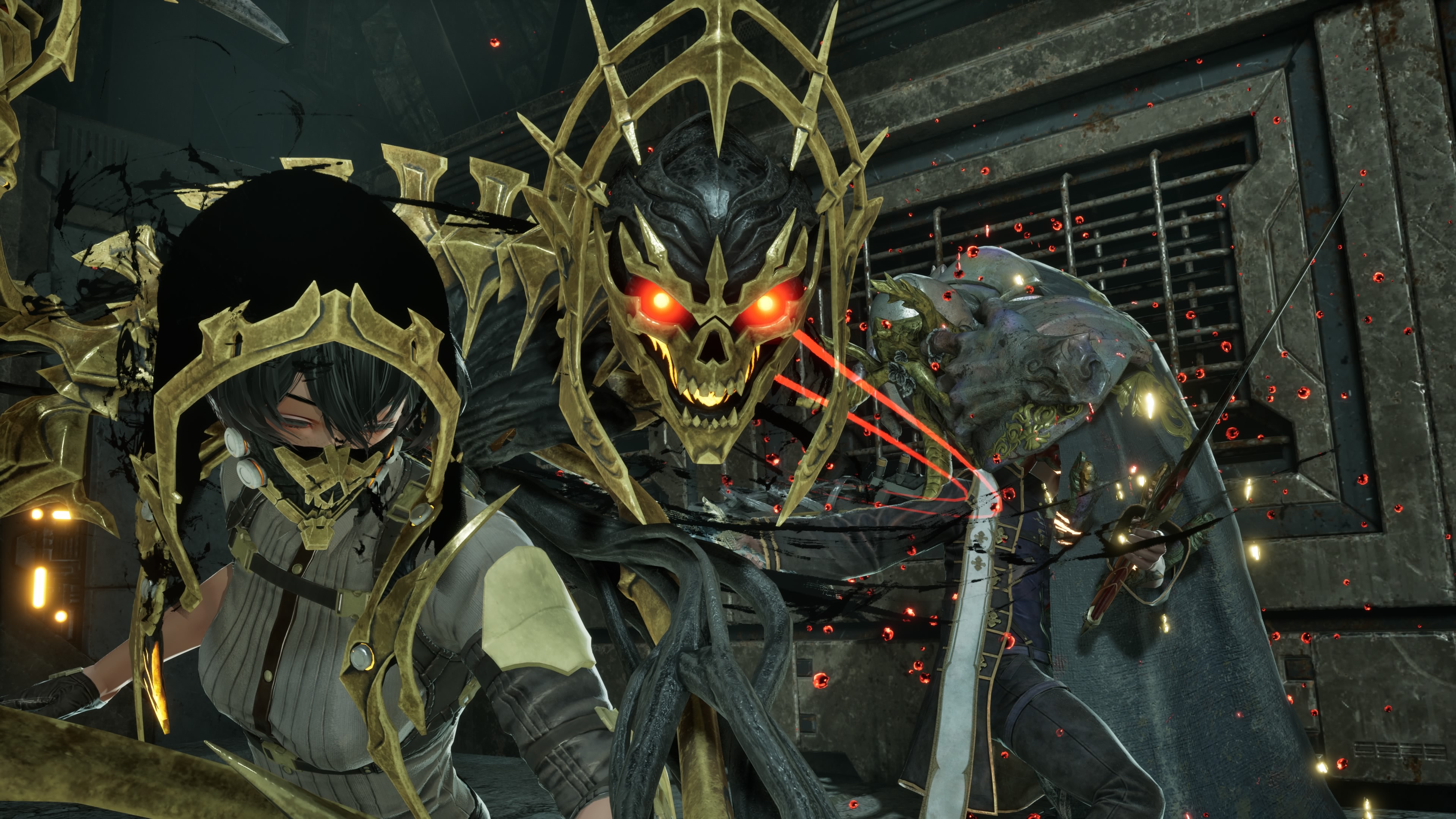Maybe videogames were right all along: outer space sounds really scary
Hi-fi cosmic horror to wail/moan to.

The NASA Exoplanets social media team recently released an audio recording of a black hole, an ultra-dense cosmic body left over from a collapsed star. Conventional wisdom holds that sound waves can't travel through the vacuum of space, having no medium to move through, but NASA's post mentions that gas-dense galaxy clusters actually contain enough matter for the agency to record distant sounds.
The result is incredibly unnerving, a sort of hollow chorus of ethereal moaning that feels perfectly at home in some kind of experimental horror project. It's another compelling reminder that you don't have to turn to fiction to find the cosmic horror in the cosmos.
The misconception that there is no sound in space originates because most space is a ~vacuum, providing no way for sound waves to travel. A galaxy cluster has so much gas that we've picked up actual sound. Here it's amplified, and mixed with other data, to hear a black hole! pic.twitter.com/RobcZs7F9eAugust 21, 2022
The most important takeaway is that videogames and old sci fi shows were right all along, and prestige sci fi stuff from the 2000s onward with silent outer space scenes can suck it. Every nerd on TV Tropes who exaggeratedly adjusted their glasses before pointing out that space battle sound effects are unrealistic has been soundly rebuffed, and by the agency that put a man on the Moon with human calculators no less.
Alright, maybe the pew pews and kabooms of Trek and Battlestar Galactica don't hold up to scrutiny, but the silent space of a SyFy Channel original probably isn't quite there either. The heart of the matter might be that human senses just aren't cut out for the void at any level, and all we have is artistic interpretation.
NASA describes its black hole recording as being "amplified" and "mixed with other data." That level of processing isn't unique among astronomic data presented to the public—many of the most iconic images of celestial bodies are not quite as they would appear to a naked eye "looking out the window of a passing spacecraft."
A useful parallel here are the iconic images of the planet Venus we've become accustomed to over the years. The swirling yellow orbs or hellish craggy landscapes you might immediately think of are actually false color composite images combining the visual spectrum with ultraviolet or infrared data. That "Commander Shepard looking out their viewport" shot of Venus would likely be a "bland and largely featureless disk" according to home astronomy resource In-The-Sky.
This gets back to that "cosmic horror" idea—you don't need old gods, deep ones, or 'ole Howard Philips Lovecraft to see that our universe is already unknowable, hostile to our senses. It requires herculean efforts of scientific ingenuity to parse the cosmos in a way we can understand. That black hole recording though, it certainly sounds like a portal to hell or something.
Keep up to date with the most important stories and the best deals, as picked by the PC Gamer team.
Ted has been thinking about PC games and bothering anyone who would listen with his thoughts on them ever since he booted up his sister's copy of Neverwinter Nights on the family computer. He is obsessed with all things CRPG and CRPG-adjacent, but has also covered esports, modding, and rare game collecting. When he's not playing or writing about games, you can find Ted lifting weights on his back porch. You can follow Ted on Bluesky.

